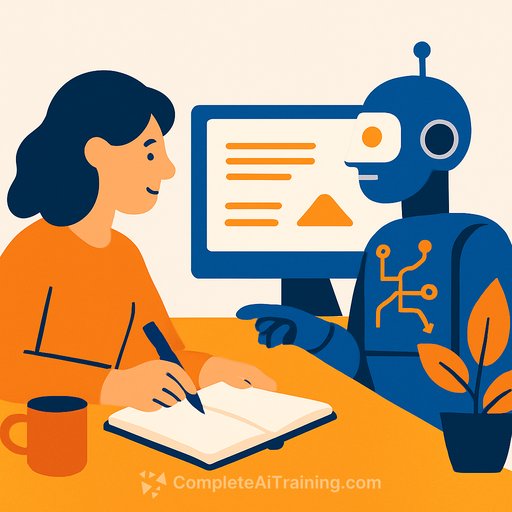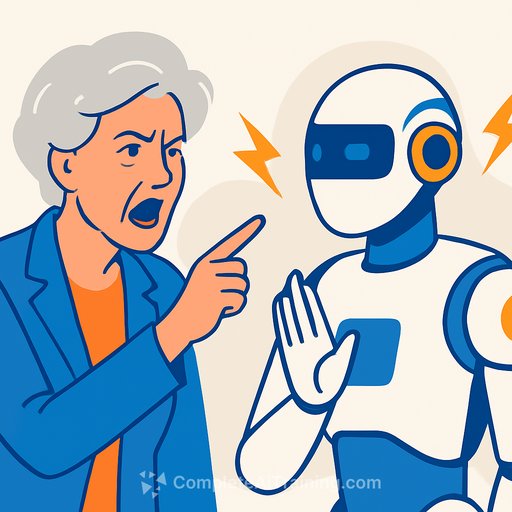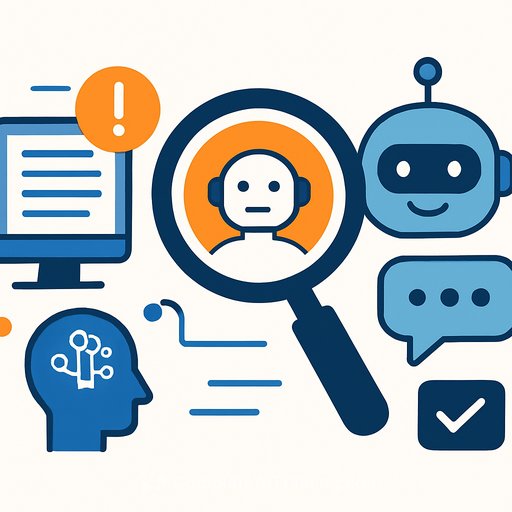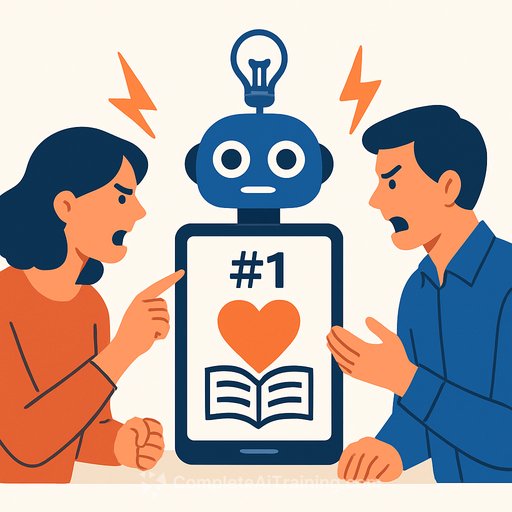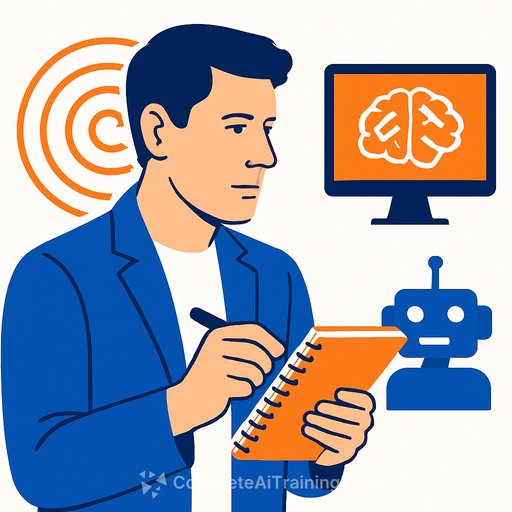There was a time when a writer’s biggest challenge was the blinking cursor, daring you to fill the blank page with something meaningful. Today, that cursor still blinks—but it no longer blinks alone. Sitting alongside it is a tireless co-author: Artificial Intelligence (AI). From drafting short stories with ChatGPT to polishing poetic lines, AI has quietly become a writing partner. Depending on who you ask, this is either an exciting new tool or a threat to the essence of writing itself.
Muse & Machine
Writers have always found inspiration from many sources—muses, other writers, or even a splash of whiskey. AI takes this a step further. It’s no longer just about grammar checks or research; AI is now actively shaping creative work. Poets feed lines to AI and get back surreal verses that spark fresh ideas. Novelists ask AI to develop side plots or fine-tune dialogue for minor characters. Even journalists are trying out AI for first drafts, then refining the text to keep the human touch.
Author Robin Sloan described AI as “a writing partner who never runs out of ideas, even if half of them are bad.” That sums it up well. AI won’t replace your creativity—but it can keep the ideas flowing.
AI Pen Pals
Young writers, especially from Gen Z, tend to see AI as a companion rather than a competitor. On platforms like TikTok, the hashtag #AIpoetry has millions of views, showing how prompts transform into digital verse. Writing communities on Wattpad and fanfiction sites use AI to brainstorm alternative endings or test dialogue.
“It feels like jamming with a bandmate,” says Sneha Kapoor, a fantasy writer in Bengaluru. “I know the melody I want, but sometimes AI throws in a riff I never would have thought of. I don’t copy it directly, but it pushes me to explore new directions.” For many young writers, originality comes from remixing and collaborating, not working alone.
‘Originality’ Debate
Not everyone welcomes AI’s role in writing. Critics argue AI combines existing data and can’t truly create something original. Professor Alan Nazarth points out, “There’s a risk of mistaking novelty for creativity. AI can surprise us with strange phrases, but it doesn’t understand meaning. Writing is about intention, context, and human experience.”
Copyright questions complicate the matter. Who owns a poem co-written by human and machine? Publishers have varied responses; some ban AI-assisted work while others require disclosure of AI’s role, similar to citing a collaborator.
AI Assistance
For many writers, AI is less a rival and more an eager assistant. The best outcomes come when AI is treated as a sparring partner, not a source of ready-made text. Mumbai-based writer Arjun Mehta uses AI to translate Urdu poetry into English drafts. “The AI version is clunky, but it gives me scaffolding. I add rhythm, emotion, and metaphor. Without me, the poem is lifeless; without AI, I’d spend hours wrestling with literal meaning.”
This balance—human creativity supported by AI—is where many see the future of writing. Collaborative novels now allow readers to interact with both human and AI authors. Some poetry collectives include AI “co-signatures” as a nod to the machine’s role. In Japan, an AI-assisted novella even passed the first round of a national literary competition. While lacking emotional depth, judges praised its structure and pacing.
Publishing houses and content platforms are still deciding how transparent to be about AI involvement. Will future book covers note “With AI assistance”? Will anthologies include human and AI voices side by side?
Fear And Wonder
New tools always unsettle creative fields. The printing press was once seen as cheapening knowledge. Word processors were criticized for making writers lazy. Spellcheck worried teachers that students would lose grammar skills. Today, AI stirs both fear and excitement.
“It’s not about whether AI can write better than us,” says UI/UX designer Brenden Mathew, “It’s about how we choose to write with it. Do we treat it as a shortcut or as a creative provocateur? That choice will shape the stories of the next century.”
The Last Line
Looking ahead, AI may move beyond text to multimedia collaboration. The real value of writing with AI might not be finished lines, but the unfinished ones it helps us explore. It keeps the conversation going when our words falter. The blinking cursor no longer mocks us. It invites us. And sometimes, if we’re willing to share the page, it even applauds.
Your membership also unlocks:

